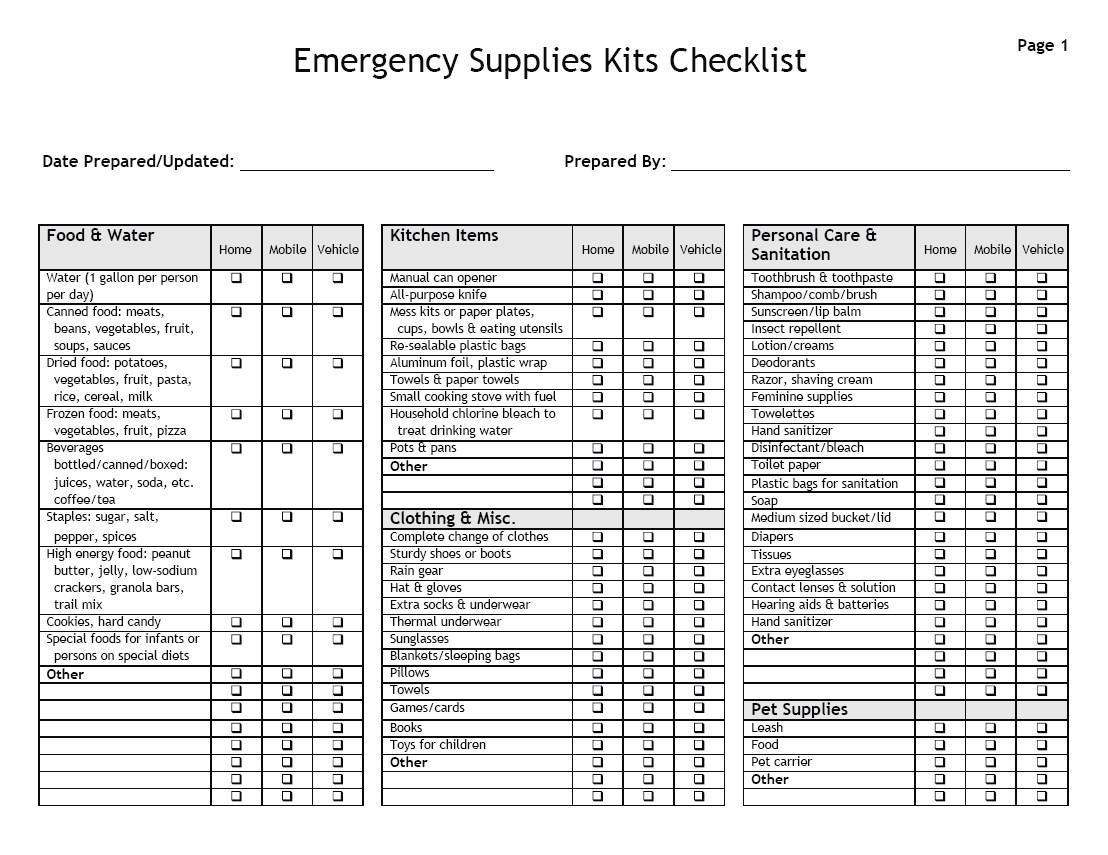- Advertisement -

Popular
Biological Food Hazards
Biological food hazards are biological agents that can pose a threat to human health and include bacteria, viruses, and parasites. Bacteria and viruses are responsible for most foodborne illnesses and are the biggest threat to food safety. The most common result of infections from biological agents is gastroenteritis - inflammation of the stomach and small intestine. Also called the “stomach flu”, gastroenteritis is generally acquired through consumption of contaminated food or water, or through direct contact with an object, surface, or person - as a result of poor sanitation and/or hygiene.
Why is food safety training & certification necessary?
Food safety not only affects continued patronage and sales of a food service business, but also public safety. Many businesses require food safety training, so being food safety trained will increase your chances of employment. Furthermore, businesses are willing to pay higher wages to those trained.
Basic Steps of Food Safety
Following good food safety habits can help protect you and your family from food illness. To keep your family safe from food illness, follow these four simple steps: clean, separate, cook, and chill:
Norovirus Prevention
Norovirus is a highly contagious virus and the most common viral foodborne illness. Norovirus infection is acquired by consuming produce (fruit and vegetables) irrigated with contaminated water contaminated with human or animal feces - or shellfish farmed or harvested in water contaminated with human sewage. Because only a few norovirus particles can make people sick, infection can also occur by consuming food handled by a person infected with the virus - or being in direct contact with an object, surface, or person that has been infected.
What are food recalls and alerts?
A food recall occurs when there is reason to believe that a food may cause consumers to become ill. Get the latest food recall alerts from the FDA.

























